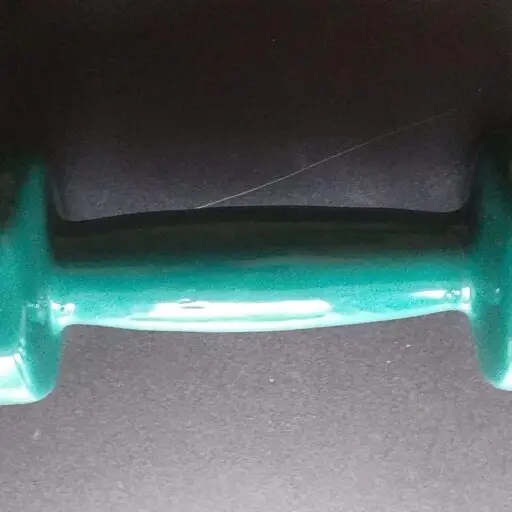The Fundamentals of Diet & Training
MEANING:
A persons diet is everything that they eat or drink. The word diet can also be used to describe a period of specially chosen foods that are eaten by a person in order to lose or gain weight, or to achieve some other desired outcome.
Therefore diet and bodyweight have a strong correlation, and a change in one influences a change in the other.
The common saying “you are what you eat” is essentially true, although there are other factors such as the air that you breathe, your environment and your lifestyle choices.
TYPES:
Generally considered GOOD food types:
Vegetarian, Vegan or Pescetarian
Low sugar, low salt, low fat
Generally considered BAD food types:
Junk food / Fast food
TIPS:
Avoid eating very large and rich foods (especially on the same day and before a training session (or any heavy exercise).
Always try to eat a small to medium sized meal (preferably a hot one) as soon as possible after a training session. Protein and carbohydrates are the best form of post-training nourishment. This will aid faster recovery and more efficient muscle repair. Some great examples of post training foods are eggs, bananas, lean white meat like chicken or fish, beans, pulses, rice, pasta, fruit and yogurt.
Even if you cannot get your hands on a substantial meal immediately after training, you should eat something / anything at all, rather than delay. The first half hour after training is critical. Recent scientific studies have shown that muscle recovery rates following a gym workout are increased by 20% if a meal is consumed within a half hour.
Avoid eating less than an hour before any training session and limit pre-training food to those types which are easily digestible, natural and nutritious. You should not feel hungry when you begin a training session. If you do, then you should only train lightly (lower weights and reps), and try to take on board small snacks or liquid food as you go through the session – but note that this is not recommended as normal practice, however it’s better than training whilst hungry.
I will describe some typical questions which often arise from my students, and I will discuss my typical answers. in my role as coach and mentor, I often receive questions about diet, and there is usually one of three reasons for these types of question:
1) The person wants to lose weight
2) The person wants to gain weight
3) The person wants to change the shape of their body, get in shape, or shape up

